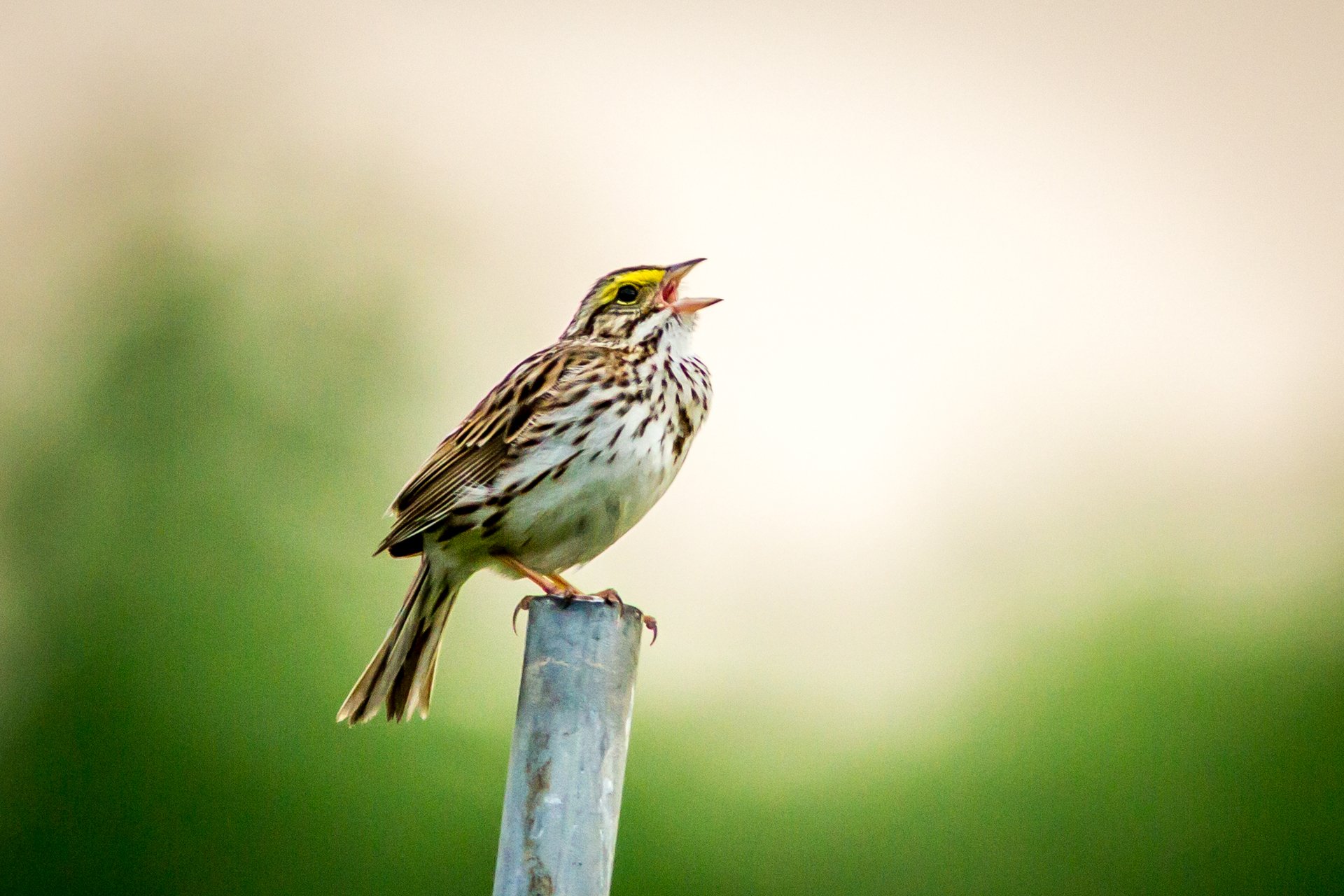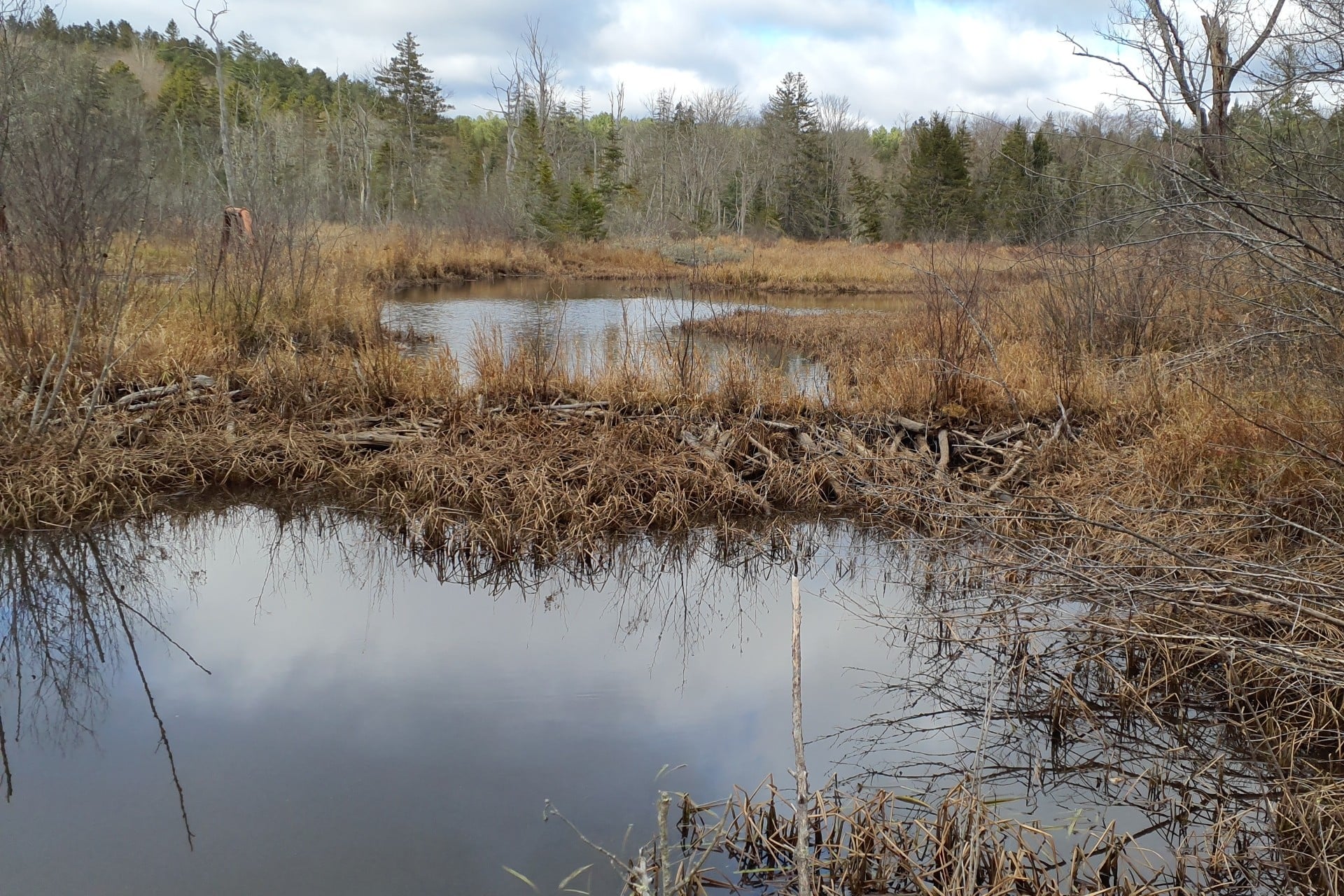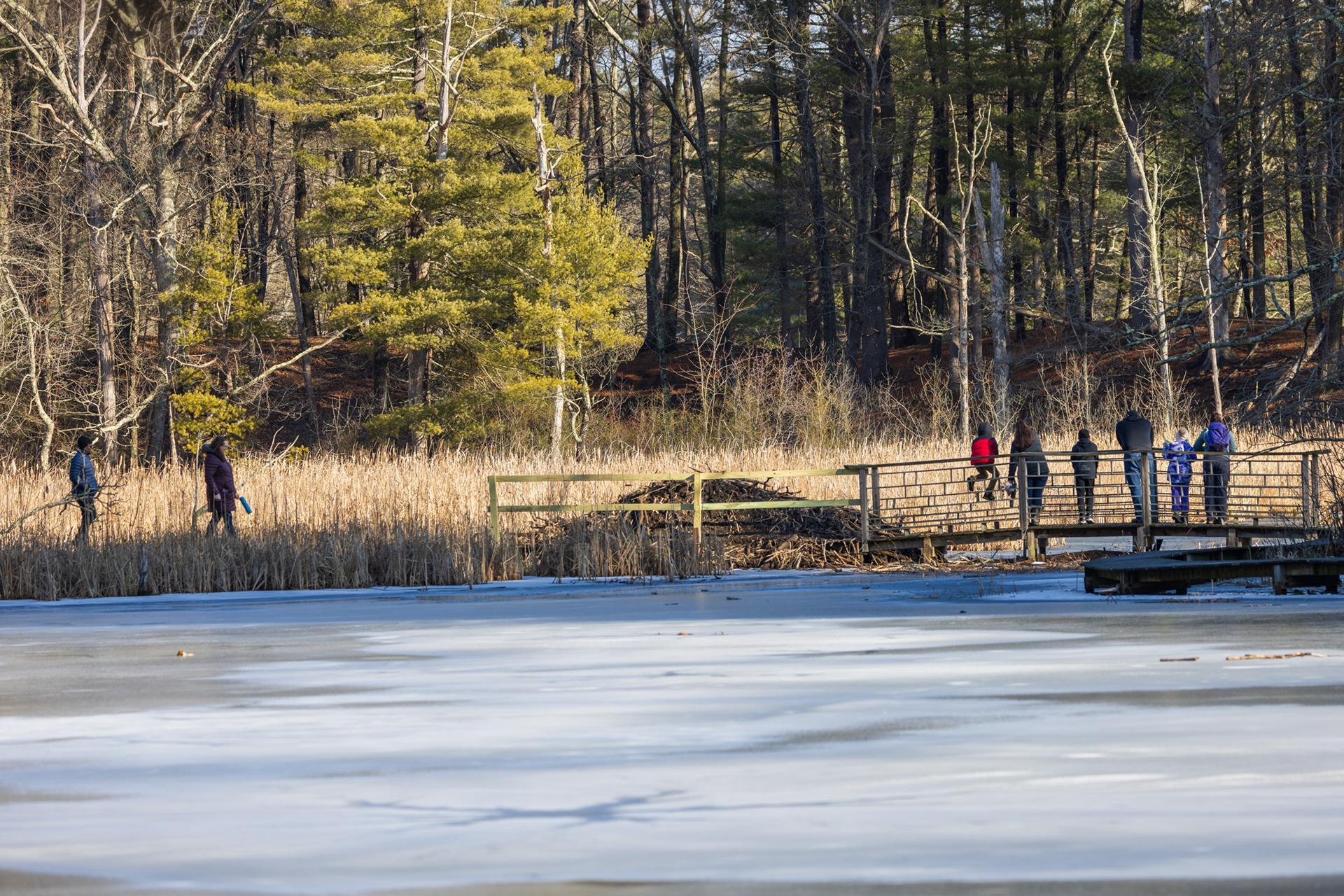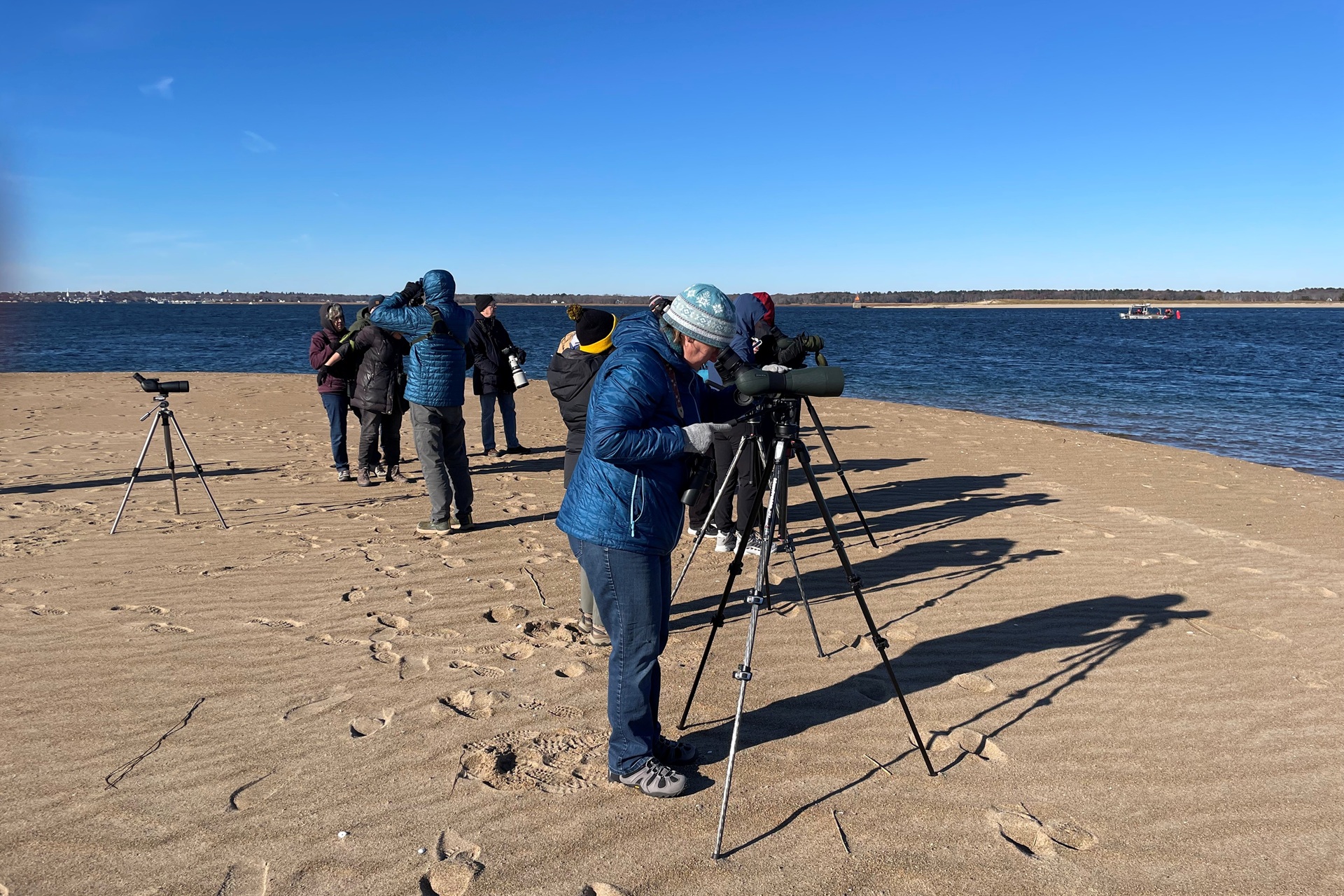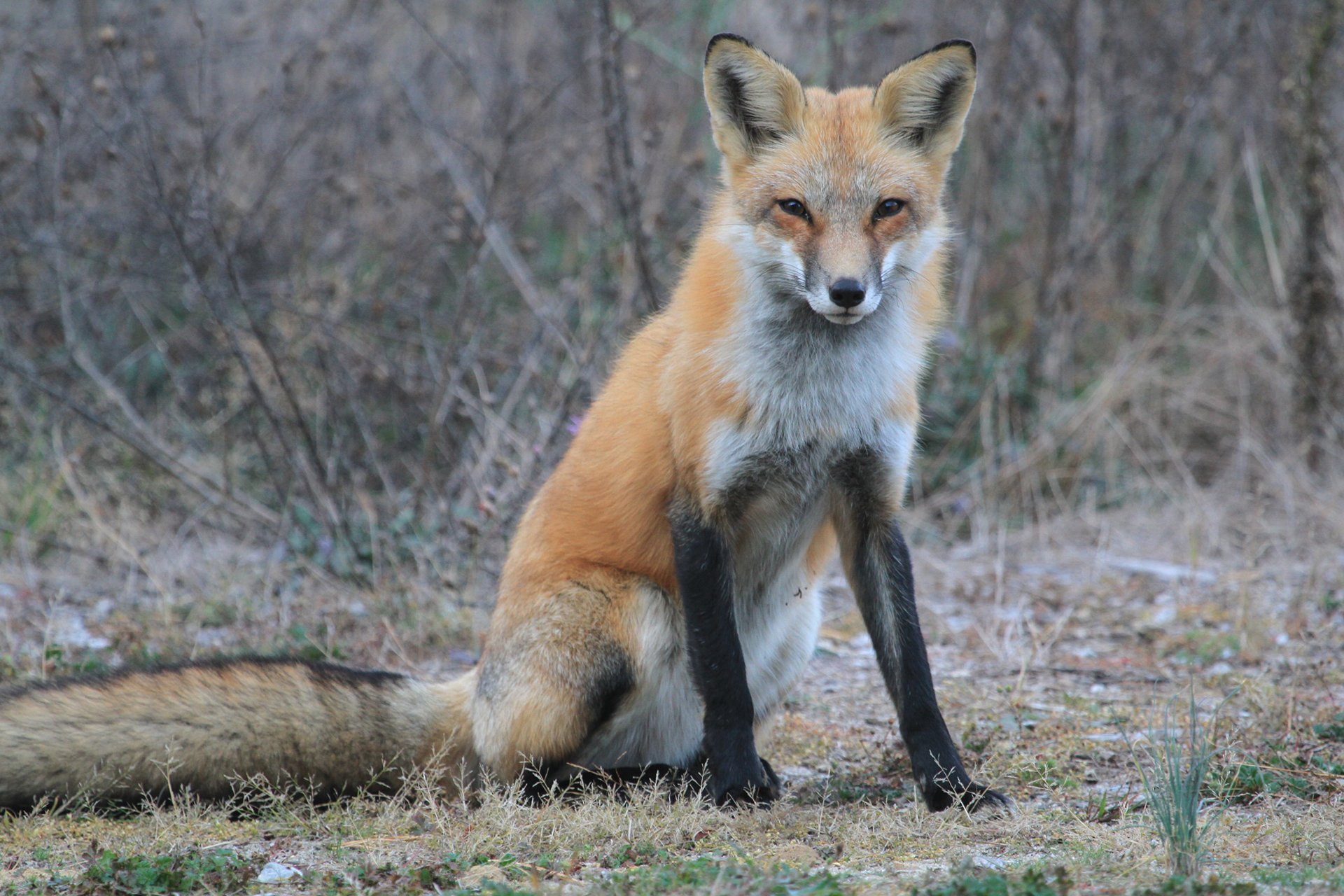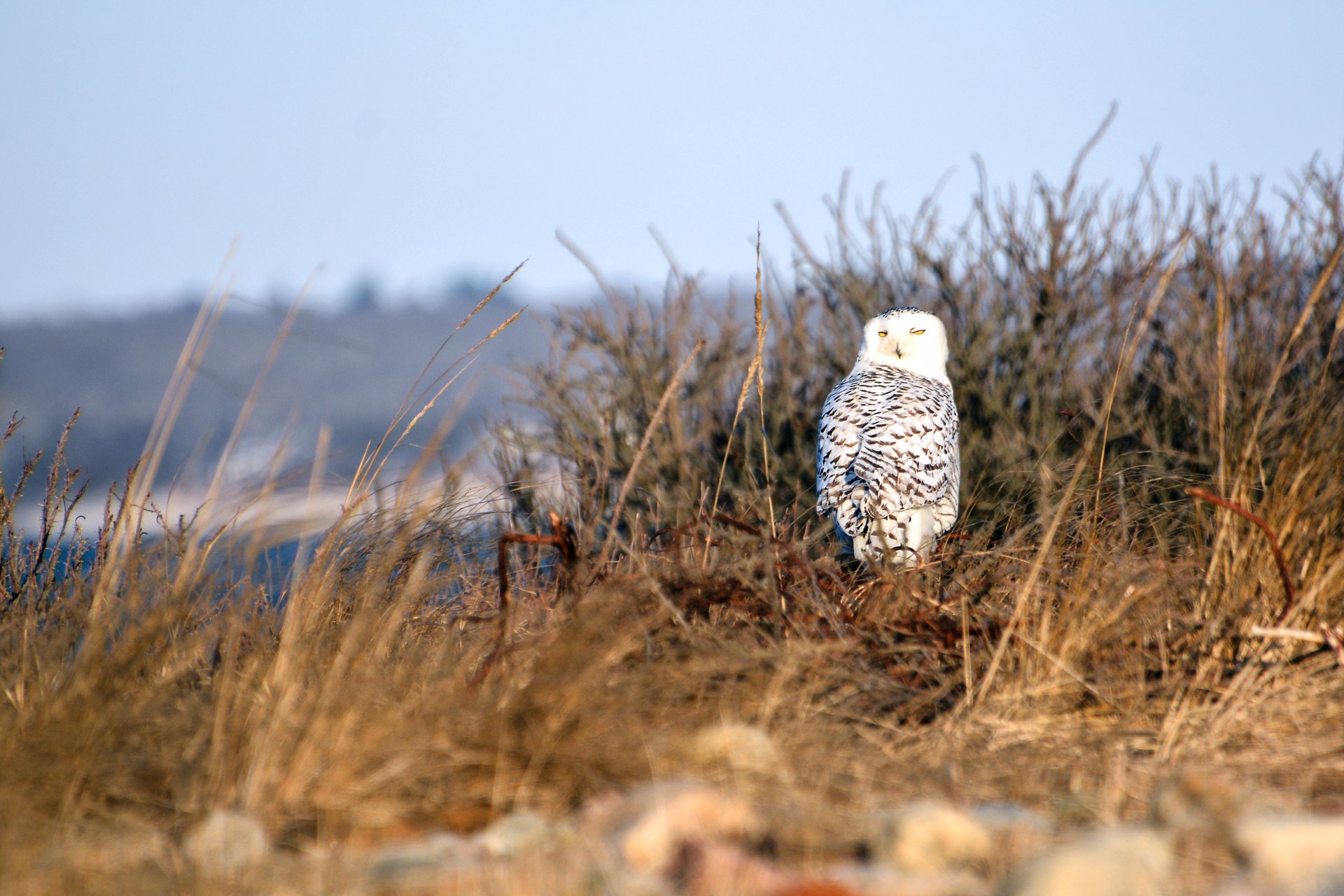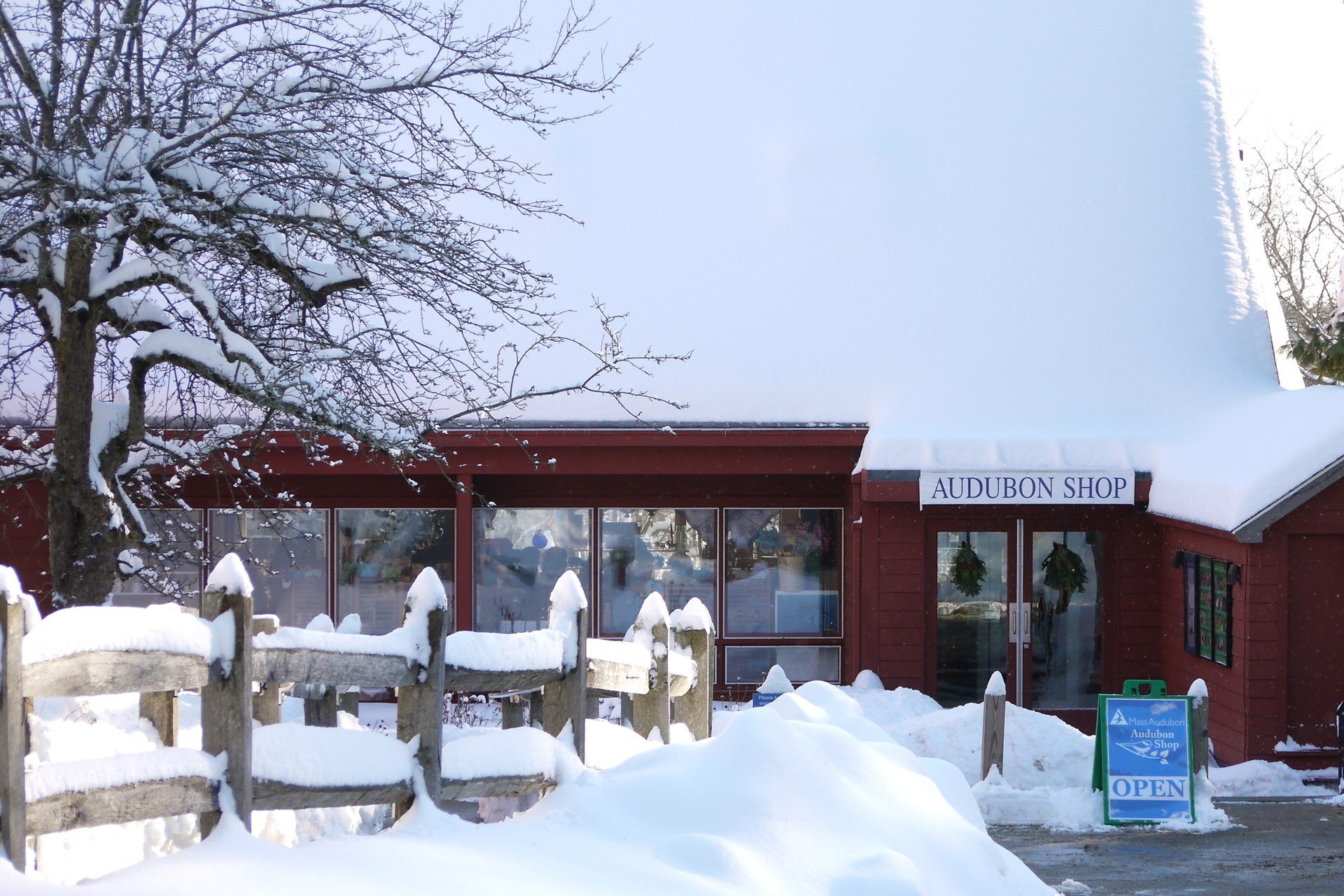News
Protecting 400 Acres Across Three Towns
Keep Reading5 Behind-the-Scenes Ways Ipswich River Wildlife Sanctuary Connected You to Nature in 2025
Keep ReadingNow Accepting Proposals for the 2026 Cape Cod Natural History Conference
Keep ReadingSnowy Owls Are Back in Massachusetts—Here’s What You Need to Know
Keep ReadingHoliday Gift Guide for Nature Lovers
Keep ReadingA Dramatic Start to the Cold-Stunned Sea Turtle Season
Keep ReadingShowing 1-9 of 624 results



